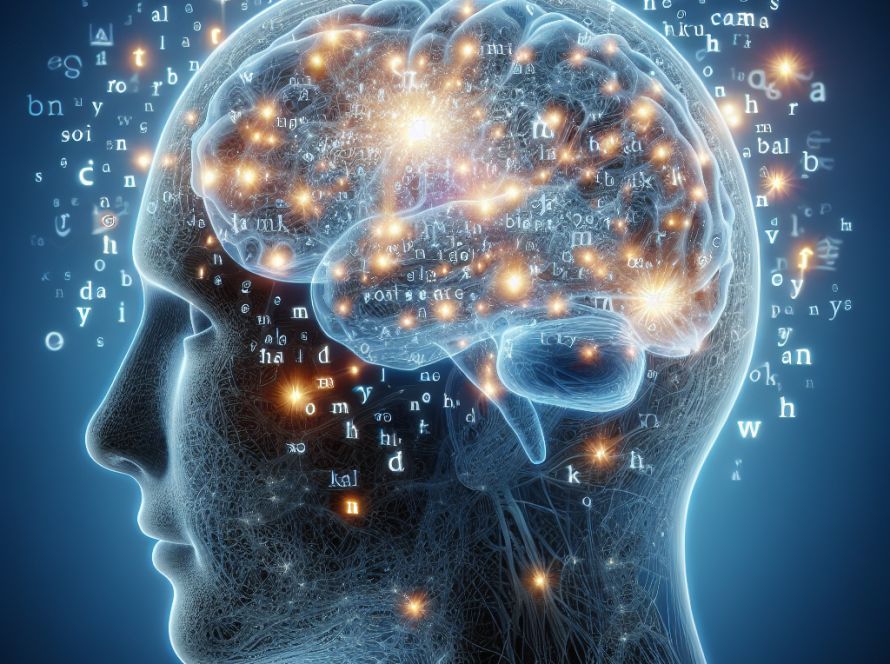Early humans began their journey of communication nearly 700,000 years ago, creating simple messages around fires in small, intimate tribes. Fast forward to today, people worldwide are more connected than ever before through digital technologies, with the recent hype around Virtual Reality (VR) at the forefront of this digital revolution. However, like any technology, there are potential benefits and drawbacks that people must consider while navigating this digital world.
From the standpoint of our primitive ancestors, the human brain derived from specialized cognitive modules to solve specific adaptive problems. The modular architecture of the brain would have been advantageous in situations where quick response to environmental challenges was essential. Today, our brains have evolved to highly sophisticated systems, capable of communicating complex ideas and experiences through language, one of our most powerful cognitive tools. While this cognitive evolution has advanced our species to a significant extent, we are entering a new paradigm-shift with the advent of VR technologies and Artificial Intelligence (AI).
AI and VR have introduced the concept of hyper-personalized realities, where immersive virtual worlds are tailored more intricately to our tastes and interests than ever before. However, while this technology promises incredible benefits such as opportunities for cutting-edge therapy interventions, immersive education, and potentially even a limitless digital landscape to explore, it also brings its fears and concerns. These include possible impacts on individuals’ mental health, the possibility of fading human interactions and empathy, and the prospect of individuals losing their sense of self and reality.
A study shows that VR could potentially affect an individual’s decision-making process and their sense of self, while another indicates that prolonged exposure could result in physical symptoms like eye strain, headaches, and even nausea, collectively known as “cybersickness.” Another fascinating phenomenon associated with VR is the “Proteus Effect,” where one’s behavior in a virtual environment is influenced by their avatar’s appearance.
This new digital age, while exciting, comes with a variety of ethical and psychological implications. As individuals have the potential to immerse themselves deeper into their personalized realities, it’s essential to preserve the shared experiences that bind us together as humans. As we navigate this new-age digital campfire, it is crucial to learn from our past, maintaining our shared humanity and intersubjectivity and avoiding retreating into virtual isolation. In this new era of digital connectivity, the challenge lies in balancing the potential advancements with ensuring we remain grounded in our ancestral roots and shared understanding of the world.


